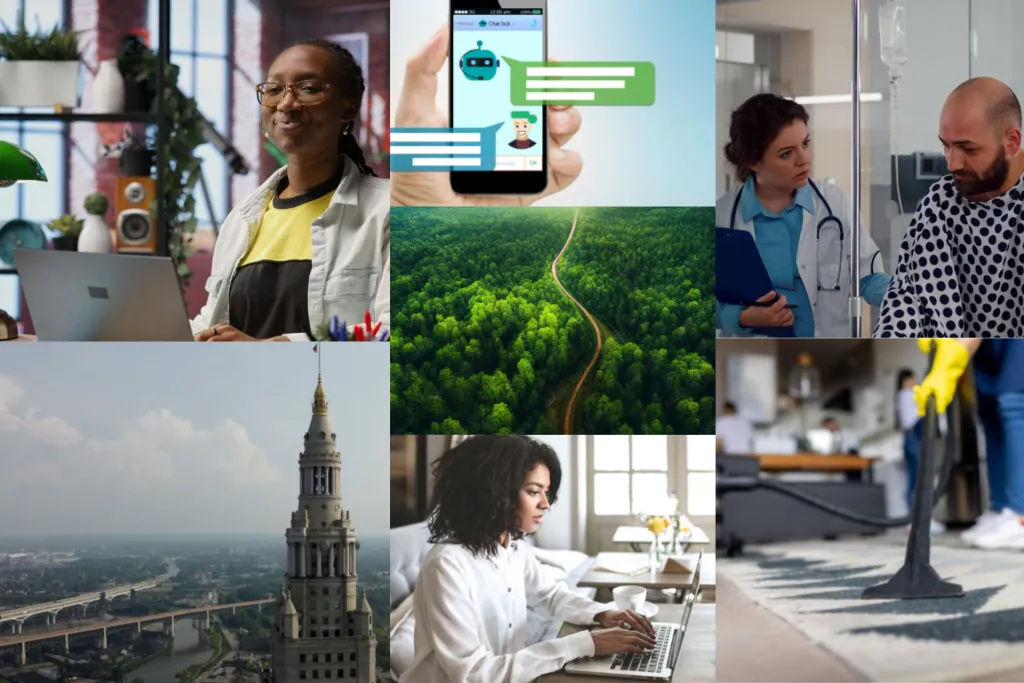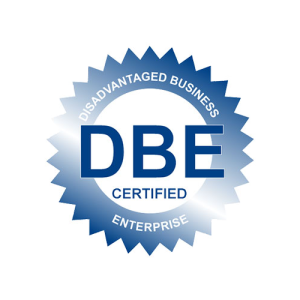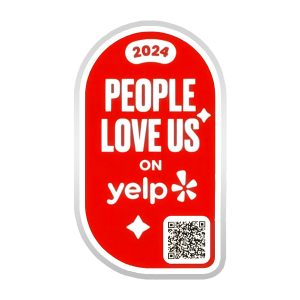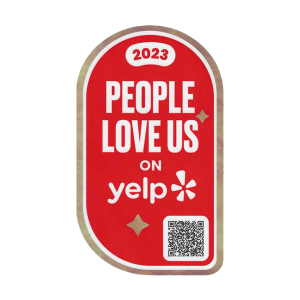Small business owners are using AI in some surprising ways. Here’s why the Fed is interested

Every fall, the Federal Reserve conducts its Small Business Credit Survey (SBCS) to learn about the experiences of small businesses accessing credit across the US. The survey, whose results are published in a series of reports, is one way the Fed deepens its understanding of this important part of the economy. Small businesses—those with fewer than 500 employees—contribute more than 40 percent to GDP annually and employ nearly half of working adults in the US.
In 2024, the SBCS team included an optional question to gauge the level of AI use among respondents. The open-ended query read, Is your business currently using or planning to use Artificial Intelligence (AI)? If so, which types of tools and for what purpose?
“We have been doing a lot of listening and learning about the impacts of AI on the economy and felt there was a real potential impact for small businesses,” said Sarah Simms, community development finance senior manager at the San Francisco Fed and a member of the SBCS team. “Some studies showed very low usage of AI tools by small businesses, but that seemed at odds with what we were hearing in the field. We were curious to get additional insight.”
“There’s definitely significant use [of AI] among small businesses today… Many small business owners seem eager to deploy AI to support their enterprises, but aren’t sure where to start.”
– Sarah Simms, community development finance senior manager, San Francisco Fed
Small business owners express big feelings about AI
Some 8,500 business owners, or roughly two-thirds of overall respondents, answered the AI-related question. Their responses expressed a range of emotions, from excitement and enthusiasm to deep apprehension. “There’s definitely significant use among small businesses today,” noted Simms. For many, AI uses go beyond the tasks the researchers expected, such as note taking and crafting social media content. “Legal advice, medical records, security systems—there were a lot of uses that we hadn’t heard about in detail before,” she added.
Responses contained other surprises. These included how strongly opposed some business owners are to AI adoption, the high level of interest among owners overall, and general uncertainty. “Many small business owners seem eager to deploy AI to support their enterprises, but aren’t sure where to start,” said Simms.
The Fed’s work on AI seeks to understand potential economic impacts
More broadly, the Fed is taking steps to understand the impact AI will have on the economy and the workforce. For example, the San Francisco Fed launched the EmergingTech Economic Research Network (EERN) in collaboration with the Federal Reserve System Innovation Office to explore and understand AI and other nascent technologies and their potential impacts on the economy. In addition to holding listening sessions with industry leaders, education and workforce experts, and community stakeholders, the Fed is staying abreast of and conducting its own research on AI. One forthcoming example focuses on the impact AI may have on lower-income workers.
Simms and her colleagues at the San Francisco Fed are preparing a detailed analysis of the 2024 survey responses around the use of AI, which will be published later this year. In the meantime, we talked to several business owners who we’d learned, via colleagues at the San Francisco Fed, are actively using AI in their work to find out about their experiences.
These examples are illustrative only and are not meant as endorsements by the San Francisco Fed or the Federal Reserve System of the businesses or their approaches to using AI. None of the companies interviewed participated in the 2024 SBCS.
Getting personal with AI
“Hardly anything feels more personal than going to the doctor,” says Barrie Arnold, head of growth at Protoqual, a firm of 10 employees. Protoqual uses AI to provide customized training materials to doctors and medical staff on how to be more empathetic providers.
Protoqual was launched in 2016 by Dr. Alan Altman, a physician and medical director whose abiding professional passion is to improve the patient experience. The business targets medical professionals and, increasingly, hospital systems across the US. In the early years, Protoqual’s employees manually analyzed the customer feedback from patients of medical organizations and produced content for specific providers.
Protoqual struggled to keep up with demand. “Things evolved so quickly that we knew we needed to engage outside experts to learn how we might harness AI,” noted Alex Altman, Protoqual cofounder and Dr. Altman’s son.
Using AI, Protoqual has been able to scale its operations, processing tens of thousands of patient feedback forms each year and increasing the level of customization for providers. For instance, Protoqual uses AI to isolate feedback pertinent to a medical practice or even a specific practitioner, allowing the firm to create tailored training content.
“Things evolved so quickly that we knew we needed to engage outside experts to learn how we might harness AI.”
– Alex Altman, cofounder, Protoqual
AI also allows Protoqual to keep its subscription cost low through fewer employees, enabling a greater number of smaller medical practices to benefit from the firm’s services.
“Our success would not be possible without AI,” added Alex.
“Lily knows me better than my best friend.”
Krystle Toles built her small business, RushLuxe, to address a deeply rooted problem she saw in the beauty industry. Consumers searching for products for their hair, skin, and nails had to sift through millions of options. For many, their searches led to the wrong undertones, missing shades, and conflicting advice. The experience left them, especially Black and brown women, feeling excluded.
Toles employed data engineers and innovators to bring her vision to life: a hyper-personalized luxury beauty concierge for makeup and skin care. “Beauty is super personal,” Toles explained. “What works for you might not work for me.”
Enter Lily, RushLuxe’s AI-powered beauty concierge. Lily delivers tailored beauty recommendations, guiding beta testers on skin care routines, shade matches, sensitivities, hair care, and beauty education. In the near future, Lily will also help schedule salon and wellness appointments, bridging digital innovation with real-world self-care.
“We went the extra mile to source inclusive data, input it, and run manual quality checks to ensure our AI saw all of us.”
– Krystle Toles, founder and CEO, RushLuxe
The impact was clear within months. Beta testers built personal profiles with customized shades, tested recommended products, and returned again and again to refine their routines.
“Beta testers trust us and come back,” Toles said. “One told me, ‘Lily knows me better than my best friend.’”
RushLuxe faced early challenges, particularly around funding and data equity. “Historically, beauty data have not represented coily, textured hair and the nuanced undertones of Black and brown people,” she said. “We went the extra mile to source inclusive data, input it, and run manual quality checks to make sure our AI saw all of us.”
Her advice for other entrepreneurs: “Start where you are. Don’t let tech intimidate you; use it! You don’t need to come from Silicon Valley to leverage AI to change lives.”
Avanti Green is using AI to clean up, literally and figuratively
Mónica Taher is used to challenges. A technologist for 20 years who formerly led technology and business innovation efforts for the El Salvadoran government, she now co-owns and is chief operating officer for a business that serves Clark County, Nevada.
Avanti Green Eco Cleaning provides cleaning services to businesses and homes in an area that encompasses more than 7,000 square miles. This includes the cities of Las Vegas and Henderson, and some 2.3 million people.
Cleaning homes and businesses is the straightforward part. Planning routes for the crews that are dispatched to 40 jobs a day is more complex and used to be a manual process requiring hours of work each week. “It sounds inconceivable, in a way,” Taher said. “We did that for years.”
“We never thought by having a business and adopting AI that we’d be solving the No. 1 issue facing businesses that deliver services to homes: route optimization.”
– Mónica Taher, COO, Avanti Green Eco Cleaning
Cancellations and schedule changes were costly and introduced errors. The company prioritizes client preferences, though Taher noted that integrating those efficiently into each day’s routes was time consuming.
Taher and her team had been thinking about this challenge for a while. “We were going to hire engineers,” she said. “We spent way too much time on route planning.”
In early 2025, Taher entered an idea for a route-optimization system for the company in a pitch competition sponsored by Amazon Web Services (AWS) for using AI to enhance one’s business. Avanti Green took first place and won a $35,000 grant. AWS and its consulting partner PREDICTif are in the process of building out Taher’s solution.
Soon, Taher will use AI to create a daily calendar that takes into consideration logistics, the schedules of available workers, last-minute cancellations and changes, and customer preferences. “With AI’s help, we will create schedules in minutes and without mistakes,” she said. Plus, her team can add a chatbot on the company’s website if they decide the feature would be helpful.
Avanti Green is also developing a way to license the software to other companies that provide electrical, repair, cleaning, and HVAC services to, and in, homes.
“We never thought by having a business and adopting AI that we’d be solving the No. 1 issue facing businesses that deliver services to homes—that problem being route optimization,” said Taher.
“Adopting AI is a game changer for small businesses.”
Using AI to enhance public safety
Oumar Willane is a big-picture thinker. Having launched American Autonomous Systems in 2024, he and his team continue to come up with ways that autonomous systems—in Willane’s case, drones—can help provide greater situational awareness and increase the safety of people and places.
His firm builds small flying robot drones that can fly with a high degree of autonomy under human supervision. Applications abound: finding missing people, checking power lines, and protecting property.
Willane uses AI to enable drones to navigate and process real-time data to support operator decision making. He also uses AI to enhance product development. “AI is like a co-navigator, working alongside us,” he explained. “We can offload to AI some of the repetitive coding tasks and large-scale data processing that typically we rely on developers to do.”
He sees AI as a strategic enabler that can help small businesses reduce costs and become more efficient.
“AI is like a co-navigator, working alongside us.”
– Oumar Willane, founder, American Autonomous Systems
“For us, we measure ROI in terms of reducing time-to-information, improving mission success rates, and lowering operational risk,” he said.
In addition to regulatory constraints, the company faces data limitations. “We address these challenges with lots of our own data collection, simulations, and consulting with other experts,” he said.
The biggest surprise to Willane was the speed at which AI models improve. “I’ve seen hallucinations,” he said, referring to the issue associated with AI technology sometimes producing falsehoods or inaccurate or illogical information. “[M]odels are improving quickly, though challenges still require human oversight.”
“The best AI is AI that’s managed by humans,” Willane added.
His advice to small businesses: Start small. Focus on using open-source tools. And measure impact and performance early and often.
Source: FED Communities
This article was originally published by FED Communities on August 27, 2025.
Small business owners are using AI in some surprising ways. Here’s why the Fed is interested















